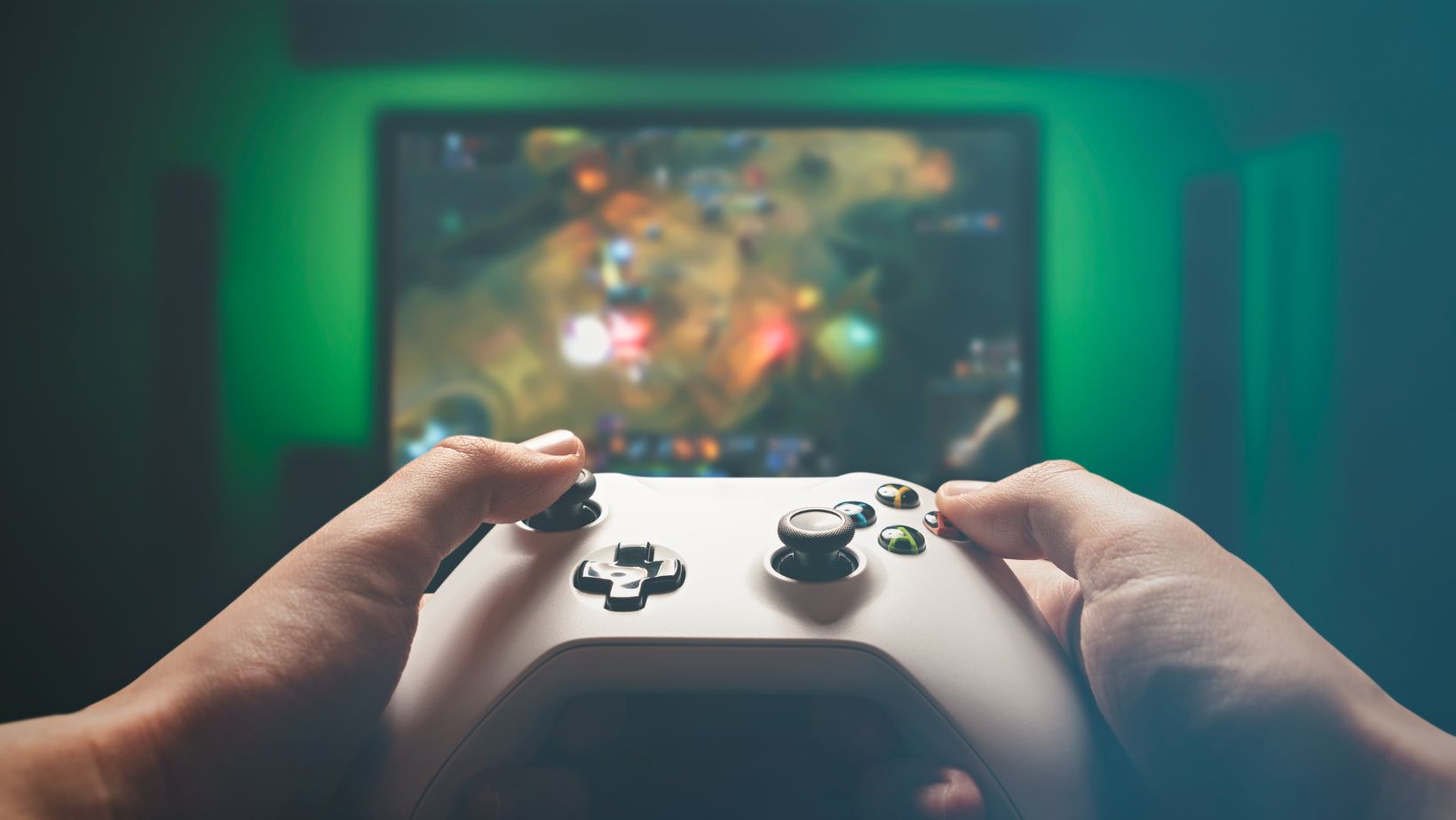
Video game remakes are everywhere, from beloved classics like Final Fantasy VII to recent hits like Resident Evil 4. With each new release, fans and critics debate the same question: are remakes better than the originals? As developers continue to modernize iconic titles, let’s explore what makes remakes so popular, the challenges they face, and whether they truly surpass the games that inspired them.
Why Are Remakes So Popular?
Nostalgia plays a huge role in the success of video game remakes. For gamers who grew up with the originals, revisiting a favorite title with updated graphics, refined mechanics, and modern storytelling is an irresistible proposition. Remakes also introduce classic games to new audiences who may have missed them the first time around, creating a bridge between generations of gamers. In some cases, remakes become essential because the original game is no longer easily accessible on modern platforms, giving it a second life in today’s gaming landscape.
The Recipe for a Great Remake
What makes a remake successful? Developers often balance staying true to the spirit of the original while addressing its flaws. For example, Resident Evil 2 transformed a beloved survival horror game into a modern masterpiece by enhancing its graphics, tightening gameplay, and reimagining its scares for today’s audience. Similarly, The Legend of Zelda: Link’s Awakening kept the charm of the original while adding stunning visuals and quality-of-life improvements. The best remakes not only honor their source material but also elevate it, ensuring they stand on their own merits.
The Challenges of Remaking Classics
Not all remakes strike the right balance. When developers veer too far from the original, they risk alienating longtime fans. On the other hand, sticking too closely to outdated mechanics or design choices can make a remake feel irrelevant.

Are Remakes Better Than Originals?
The answer to this question often depends on the player. For those experiencing a game for the first time, a remake’s polished presentation and refined mechanics can make it feel superior to the original. However, for longtime fans, the charm of the original—flawed as it may be—often carries an irreplaceable sense of nostalgia. Games like Shadow of the Colossus and Crash Bandicoot N. Sane Trilogy highlight this divide, as fans debate whether updated visuals and controls enhance or detract from the original experience.
A New Era for Gaming
As the demand for remakes continues to grow, their impact on the gaming industry is undeniable. Remakes have inspired discussions about the value of preserving video game history, ensuring that classic titles remain accessible to future generations. They also demonstrate how technology can breathe new life into familiar stories and worlds, much like sites like SpinBit are modernizing the way we experience online gaming and entertainment.
Conclusion
Remakes aren’t just about recreating games; they’re about reimagining them for a new era. Whether they surpass the originals depends on the delicate balance between innovation and nostalgia.

For gamers, they offer a chance to revisit cherished memories or discover classics with a modern twist. As the trend shows no signs of slowing down, it’s clear that remakes will remain a vital part of the gaming landscape for years to come. Which remake has impressed you the most, and do you think it’s better than the original? Let the debate continue!


